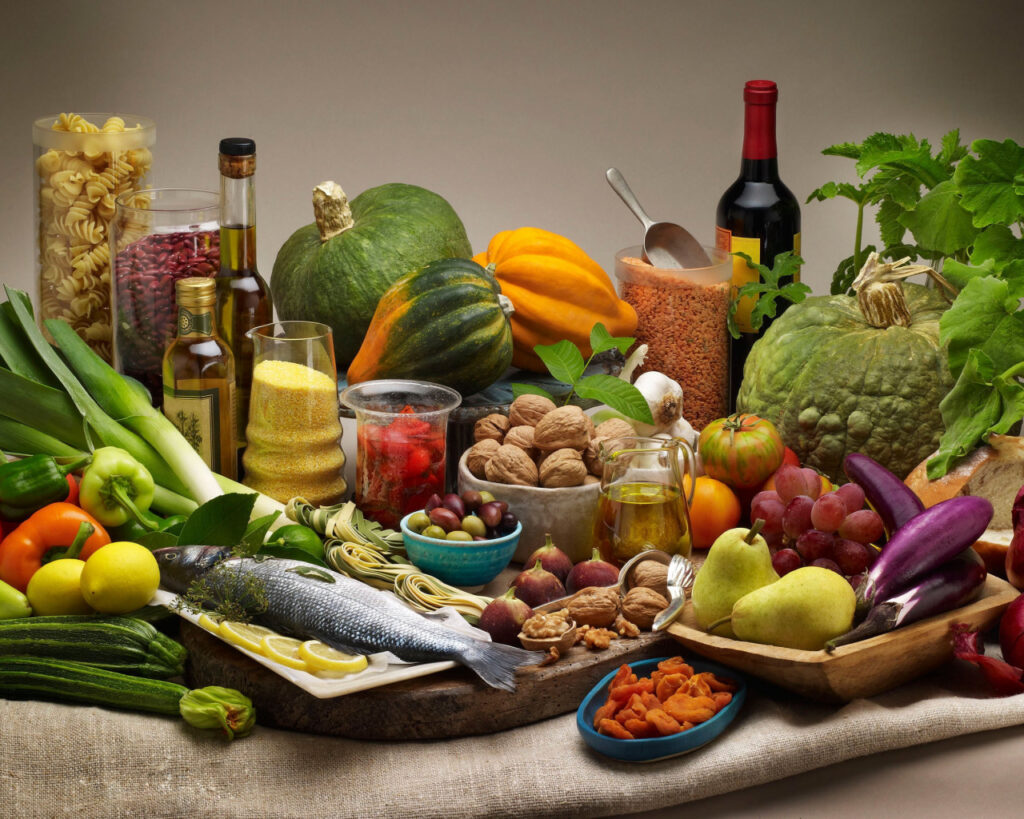Certification of Food Products in the EAEU
NEED HELP WITH CERTIFICATION?
Certification of Food Products in the EAEU: Ensuring Safety and Quality of Food Goods

Certification of food products plays a vital role in ensuring the safety and quality of food goods in the Eurasian Economic Union (EAEU). The EAEU countries, including Russia, Belarus, Kazakhstan, Armenia, and Kyrgyzstan, have established Technical Regulations (TR) to regulate the production and circulation of food products. This article provides an in-depth overview of the certification process, including the regulatory framework, product categories, documentation requirements, and certification schemes.
Regulatory Framework.
The certification process for food products in the EAEU is governed by the Technical Regulations of the Customs Union (CU TR) and the Technical Regulations of the Eurasian Economic Union (EAEU TR). These regulations define the mandatory requirements that food products must meet to ensure consumer safety and product quality. To obtain certification, manufacturers must comply with the applicable technical regulations specific to their product category.
Relevant Technical Regulations:
- CU TR 021/2011 “On food safety”
- CU TR 022/2011 “Food products in terms of their labeling”
- CU TR 029/2012 “Safety requirements for food additives, flavorings, and processing aids”
- EAEU TR 040/2016 “On safety of fish and fish products”
- EAEU TR 044/2017 “On safety of packaged drinking water, including natural mineral water”
- СU TR 015/2011 “On safety of grain”
Product Categories.
Food products covered by the EAEU certification requirements include a wide range of goods. The specific product categories and their respective technical regulations can be found in Annexes to the CU and EAEU TRs. Examples of popular product categories subject to certification include:
- Dairy products (CU TR 033/2013)
- Meat and meat products (CU TR 034/2013)
- Confectionery and bakery products (CU TR 025/2012)
- Canned food (CU TR 021/2011)
- Alcoholic beverages (CU TR 029/2012)
- Fish and fish products (EAEU TR 040/2016)
- Packaged drinking water (EAEU TR 044/2017)
- Grain and grain products (СU TR 015/2011)
- Baby food (CU TR 021/2011)
- Vegetable oils (CU TR 024/2011)
Certification Process and Required Documents.
The certification process involves several stages and requires the submission of specific documents. The exact requirements may vary depending on the product category and its HS code (TN VED). The main stages of the certification process include:
a. Application: The manufacturer submits an application for certification to the accredited certification body.
b. Testing and analysis: The product undergoes testing and analysis in accordance with the applicable technical regulations and standards.
c. Documentation review: The certification body reviews the technical documentation, including test reports, labeling information, and production process details.
d. Factory inspection (if applicable): In some cases, the certification body may conduct an on-site inspection of the manufacturing facility.
e. Certification issuance: Upon successful completion of the above stages, the certification body issues either a Certificate of Conformity (EAC certificate) or a Declaration of Conformity (EAC declaration), depending on the product category and its associated risk level.
Required documents for certification:
- Application for certification
- Technical documentation (product description, specifications, etc.)
- Test reports from accredited laboratories
- Labeling information (ingredients, nutritional facts, etc.)
- Production process documentation (if requested)
Certification Schemes.
Different certification schemes exist depending on the product category and the desired level of confidence. The most common certification schemes include:
- Scheme 1d: Product testing and evaluation based on laboratory tests conducted by the certification body.
- Scheme 3d: Testing and evaluation of samples taken by the certification body.
The appropriate certification scheme is determined based on the product characteristics and risk assessment.
Certification Process Duration.
The duration of the certification process can vary depending on several factors, including the product category, complexity, and the completeness of the submitted documentation. On average, the certification process takes approximately 30 to 60 days. However, it is important to consult our experts at MASTCERT for an accurate assessment based on your specific requirements.
Conclusion.
Certification of food products in the EAEU is a crucial step to ensure the safety and quality of food goods. Compliance with the relevant technical regulations, documentation requirements, and certification schemes is essential for manufacturers. Understanding the certification process, including the necessary documents, product categories, and associated timelines, is vital for successful certification. For precise guidance and evaluation, we recommend contacting our experts at MASTCERT, who possess the expertise to navigate the complexities of EAEU certification.
For more information and specific regulatory details, please refer to the following resources:
- CU TR 021/2011: https://mastcert.com/tr-cu-certification/tr-cu-021-2011/
- CU TR 022/2011: https://mastcert.com/tr-cu-certification/tr-cu-022-2011/
- CU TR 029/2012: https://mastcert.com/tr-cu-certification/tr-cu-029-2012/
- EAEU TR 040/2016: https://mastcert.com/tr-cu-certification/tr-eaeu-040-2016/
- EAEU TR 044/2017: https://docs.cntd.ru/document/456090353
- CU TR 015/2011: https://docs.cntd.ru/document/902320395
Note: It is important to check for the latest versions of the regulations and consult with the appropriate authorities for accurate and up-to-date information.
By clicking Submit, you agree to Fresh Consulting’s Privacy Policy.
COMPANIES WHICH TRUST MASTCERT
